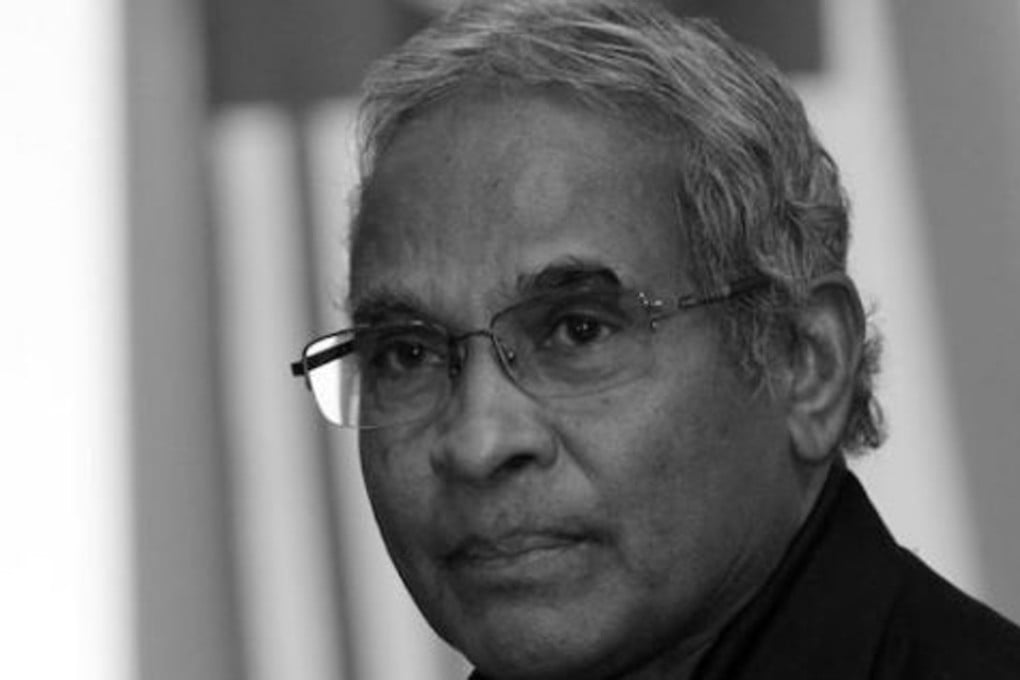Football mourns Malaysia’s Peter Velappan – the peace-broker who helped Japan and Korea stage the first-ever co-hosted World Cup
- The 83-year-old died on Saturday, having been general secretary of the Asian Football Confederation from 1978 to 2007
- Velappan was a pioneer in commercialising the sport in Asia when he agreed to take on an official marketing partner in the early 90s

Peter Velappan’s earliest memory and his most prized one both involve Japan. He witnessed as a child Japanese invaders sweeping across Malaya in 1941 during the second world war. More than six decades later, he was in Japan watching the World Cup final between Brazil and Germany, having played a pivotal role in ensuring Japan and South Korea would, in 2002, become the first co-hosts of the World Cup.
Velappan, the former Asian Football Confederation general secretary, died on Saturday at the age of 83, leaving behind a powerful legacy in Asian football. The sport in Asia is worth billions, the top leagues in the region attract some of the biggest crowds and Asian players are making an impact on the world game.
For many years, he was the face of Asian football and once boasted that he was “the most famous Malaysian in the world” after leading out the teams at the World Cup final in front of billions of viewers.
The 2002 World Cup was among his most important contributions to world football. Japan and South Korea wanted to host the finals and the rivalry was nasty. It was Velappan who stepped into the breach, suggesting they co-host the tournament.
Eventually, they agreed, enabling the World Cup to come to Asia for the first time.
Much of the success that Asian football enjoys now can be traced back to the work of Velappan during his time as AFC general secretary, from 1978 to 2007. Indeed, his 1992 decision to take on a marketing partner for the AFC was unprecedented in Asia. It would lay the foundations for what would eventually become a billion-dollar organisation and a template for governing bodies across the region.